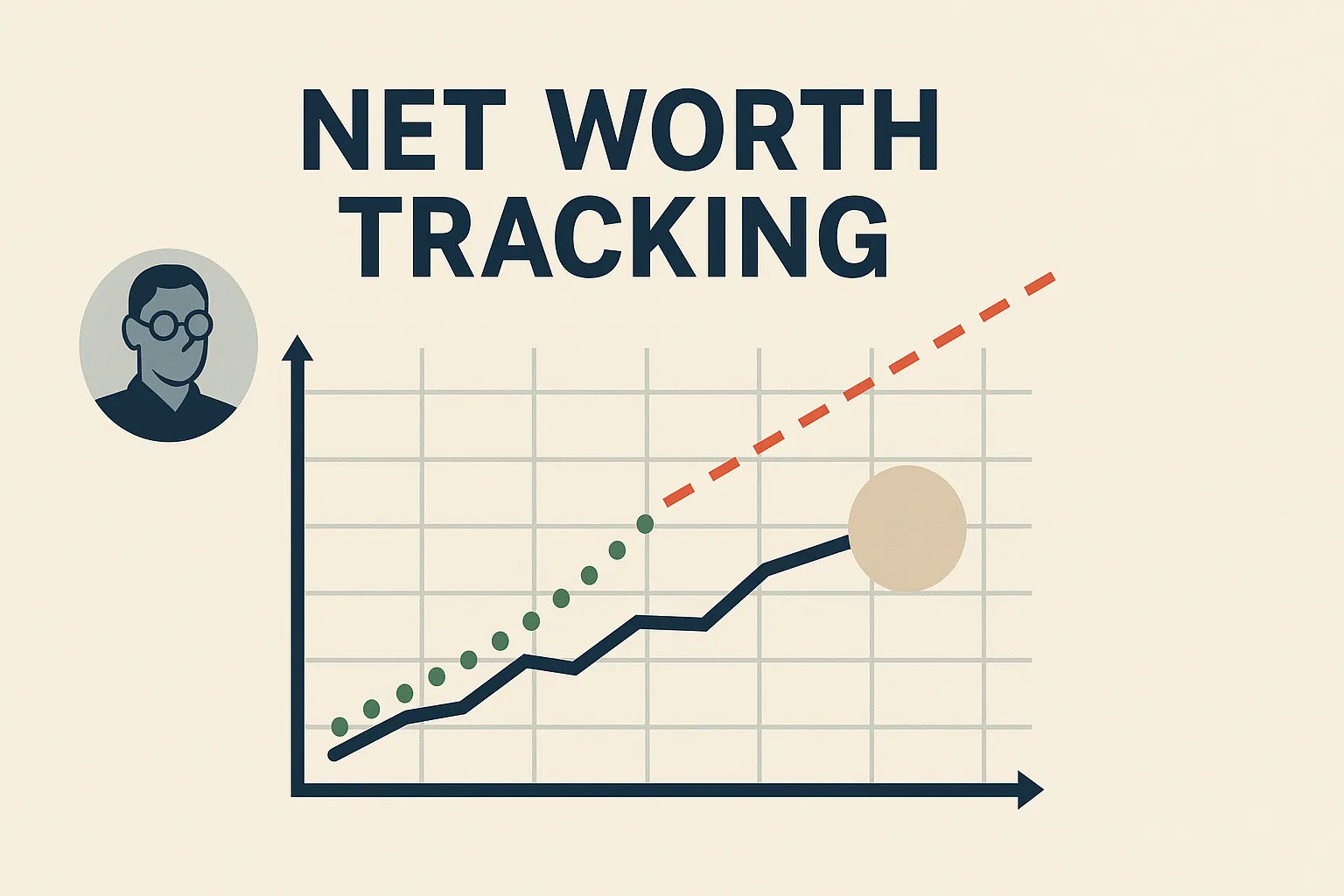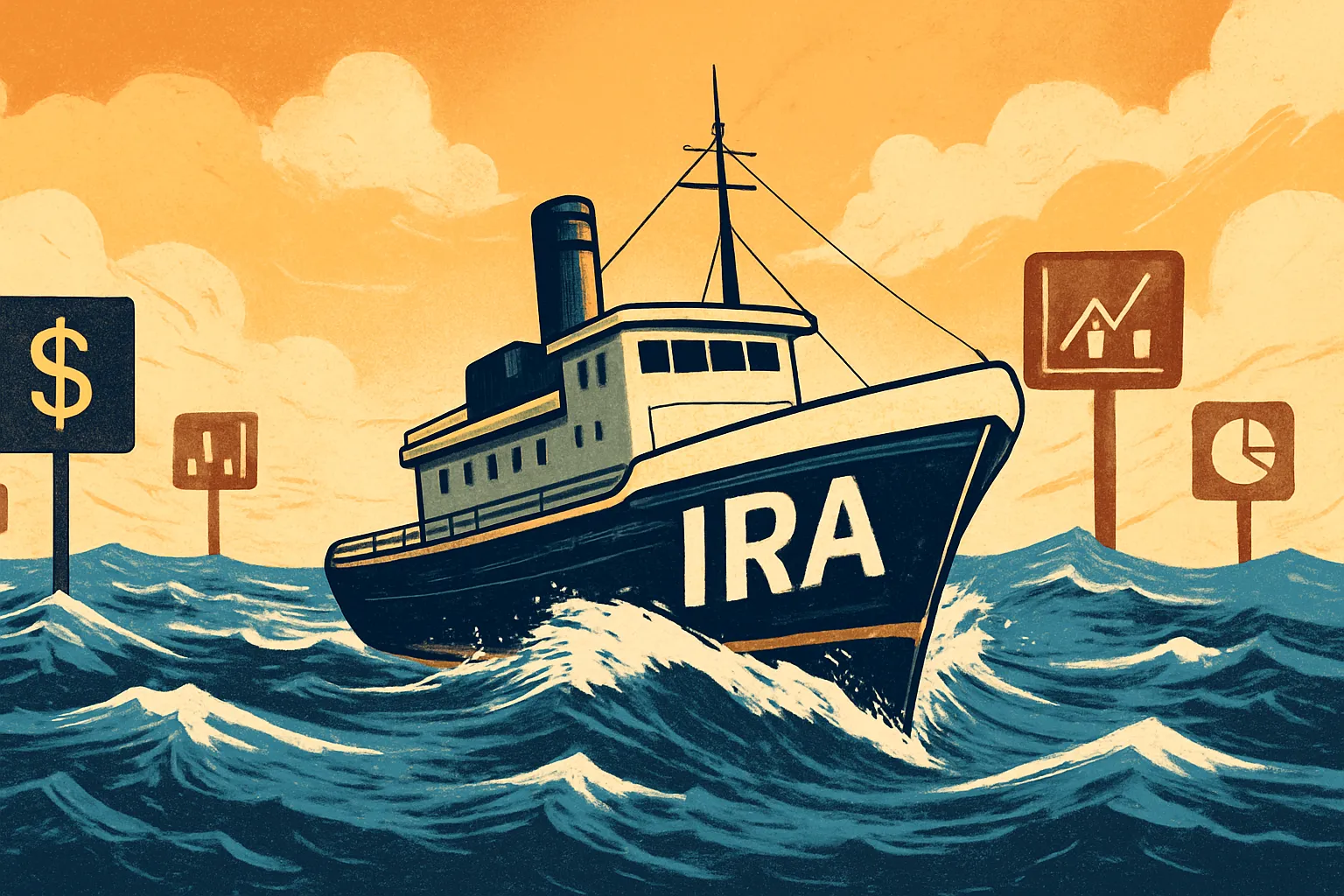Are Nonqualified Retirement Plans Subject to Self-Employment Tax?

Nonqualified retirement plans (NQPs) are a great way for employers to reward top earners or executives with extra benefits through deferred compensation. But when taxes come into the picture—especially self-employment taxes—things can get a bit confusing. Let’s simplify this so it’s easier to follow.
Here, we’ll dive into how nonqualified retirement plans interact with self-employment tax, walk through some examples, and clarify what these rules mean in real-world scenarios.
Key Takeaways
- Nonqualified retirement plans are not typically subject to self-employment tax unless the recipient is classified as self-employed.
- Employees receiving deferred compensation through an NQP generally face income tax on distributions, not self-employment tax.
- Specific rules and exceptions apply, depending on how the income is reported and the individual’s employment status.
What Are Nonqualified Retirement Plans?
Nonqualified retirement plans are employer-sponsored plans that allow for deferred compensation beyond the limits of qualified plans like 401(k)s. They’re designed to benefit key employees and typically lack the same tax-advantaged status as qualified plans.
What makes NQPs unique? Here are the key features:
- No contribution limits: Unlike a 401(k), there’s no ceiling on how much money can be deferred.
- Exclusive participation: These plans are often tailored for high-level employees or executives.
- Tax-deferred growth: The money you defer grows tax-free until it’s eventually withdrawn, usually during retirement.
Hypothetical Example of a Nonqualified Plan: An executive earns $500,000 annually but defers $100,000 into a nonqualified deferred compensation (NQDC) plan. This $100,000 grows tax-deferred until it’s withdrawn.
What Is Self-Employment Tax?
Self-employment tax is how people who work for themselves contribute to Social Security and Medicare. It’s 15.3% of net earnings, which includes both the employee and employer portions. While regular employees have these taxes deducted automatically by their employer, self-employed individuals handle the entire amount on their own.
Are NQPs Subject to Self-Employment Tax?
The answer depends on the situation and how the plan is structured.
For W-2 Employees:
If you’re an employee deferring income into a nonqualified plan, those deferred amounts are not subject to self-employment tax. Instead, they’re subject to:
- Income Tax: When the funds are distributed, they’re taxed as ordinary income.
FICA Taxes: Deferred compensation may still be subject to Social Security and Medicare taxes at the time it’s earned, depending on the plan’s structure.
For Self-Employed Individuals:
If you’re self-employed, deferred compensation under a nonqualified plan is subject to self-employment tax. This is because the IRS considers the income to be part of your net earnings.
Hypothetical Scenarios
Hypothetical Scenario 1: W-2 Employee with NQP
- Situation: Sarah, a corporate executive, defers $50,000 into her company’s NQDC plan.
- Tax Implications: At the time of deferral, the amount is not subject to income tax but may still be subject to FICA taxes. When Sarah withdraws the funds during retirement, she will pay income tax but not self-employment tax.
Hypothetical Scenario 2: Self-Employed Consultant with NQP
- Situation: James, a self-employed consultant, negotiates a deferred compensation agreement with a client.
- Tax Implications: The deferred income is considered part of his net earnings and is subject to self-employment tax in the year it is earned.
Important Considerations
- Timing of Taxes: For W-2 employees, taxes are deferred until distribution. For self-employed individuals, taxes apply in the year the income is earned.
- Plan Design: The structure of the NQP can affect tax treatment, especially for Social Security and Medicare taxes.
- Record Keeping: Both employees and self-employed individuals should keep detailed records of deferred compensation agreements and distributions.
How optimized is your portfolio?
PortfolioPilot is used by over 30,000 individuals in the US & Canada to analyze their portfolios of over $30 billion1. Discover your portfolio score now:






